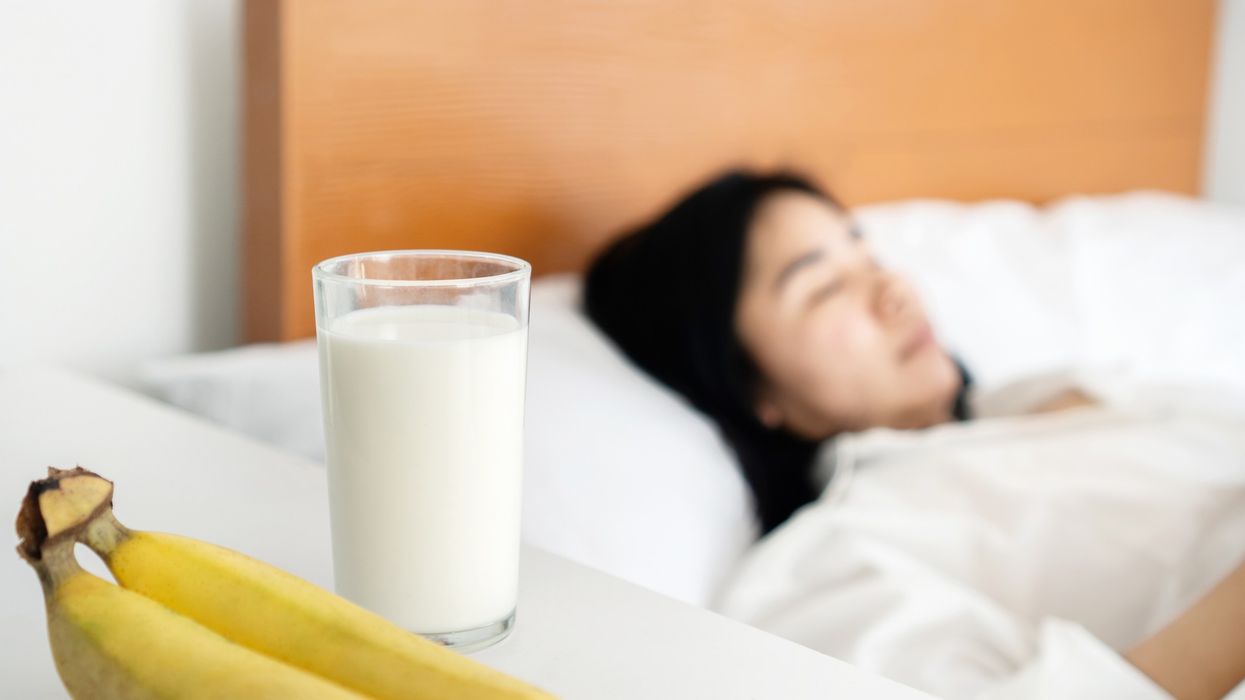Key points
- 40% of participants in a new study said food affects their sleep
- Dairy and sweets were linked to worse sleep and more disturbing dreams
- Fruit, herbal tea and vegetables were associated with better sleep quality
- Authors suggest that lactose intolerance may play a role in dream disturbance
A recent study has explored how food may influence sleep and dreaming, with some participants reporting that certain items — particularly dairy and sweets — disrupted their rest and contributed to nightmares.
Study looked at food, sleep and dreams
The research, published in the journal Frontiers in Psychology on Monday, analysed responses from 1,082 college-aged participants who completed online surveys between January and April 2023. The survey asked about over a dozen food categories, including dairy, meat, fruit, desserts, and spicy foods.
According to the findings, 40.2% of respondents said their eating habits had an impact on their sleep. About 25% stated that at least one food group made their sleep worse, while 20% said that some foods improved it.
Among the foods most commonly associated with disrupted sleep were dairy products (milk, yoghurt, cheese), desserts and sweets, and spicy dishes. On the other hand, fruit, vegetables, and herbal tea were most often credited with improving sleep quality.
Dairy and sweets linked to disturbing dreams
When asked about the effect of food on dreaming, 5.5% of participants said they noticed a link. Of those, 31% said desserts and sweets triggered nightmares, while 22% blamed dairy.
The study’s authors noted that while the data is based on self-reported experiences and may lack scientific proof, previous research does support the possibility that food can influence sleep patterns.
They added that the connection between dairy and negative dream experiences could be due to gastrointestinal symptoms in people with lactose intolerance, such as bloating or cramps, which may disrupt sleep and affect dream quality.
Limitations of the study
The authors acknowledged potential limitations in their findings. All participants were university students enrolled in psychology courses, meaning they may have had prior knowledge of related topics that could have influenced their responses.
Despite this, the research adds to a growing body of evidence suggesting that what we eat may affect not only how well we sleep, but how we dream.





